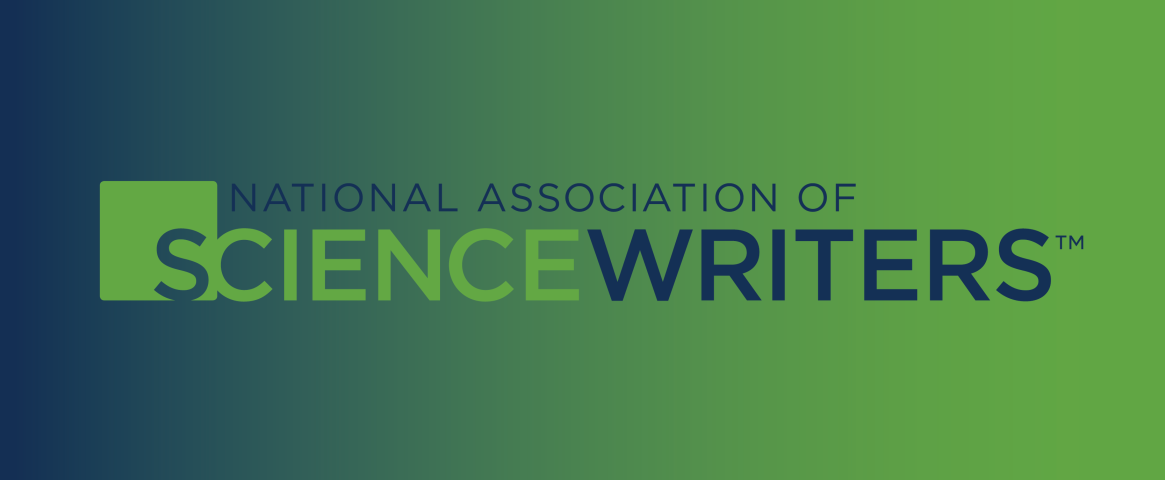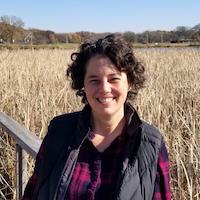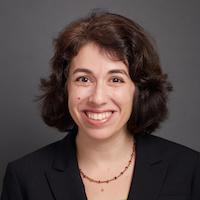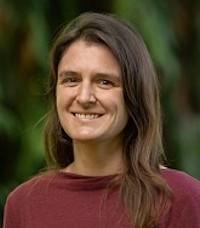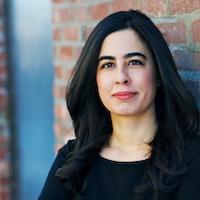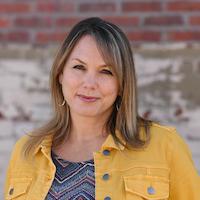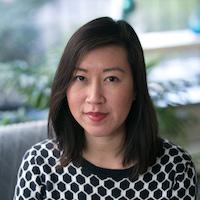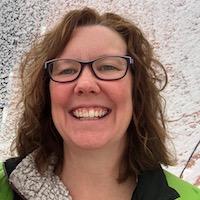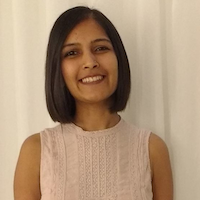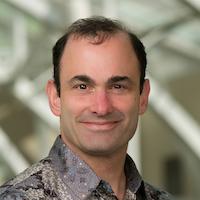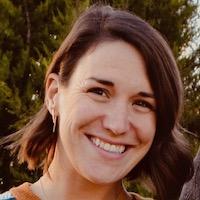NASW members, access recordings of all six Mid-Career Mentoring workshop sessions here: https://www.nasw.org/midcareer
The Journalism committee is proud to announce a new Mid-career Mentoring Program to serve one of the largest populations within the National Association of Science Writers. This will be a seminar series and group support opportunity for those with more than 5 years of science writing experience.
We’ve found that mentoring needs don’t stop after early-career. Instead, the needs shift. This Mentoring Program has developed its online seminar series in response to a survey of mid-career writers, and will feature writers and journalists sharing expertise on topics such as negotiations and contracts, mid-career resumes, career shifts, and more. In addition, mentees will be required to participate in a Slack channel where they can share experiences and learn from each other in a peer mentoring environment.
The program schedule is as follows:
- 3 p.m. Eastern/12 p.m. Pacific, Thursday, March 17, 2022: The Mid-Career Resume with Karl Bates and Amanda Mascarelli
- 3 p.m. Eastern/12 p.m. Pacific, Thursday, March 31, 2022: Work/life Balance with Laurel Hamers and Lila Guterman
- 3 p.m. Eastern/12 p.m. Pacific, Thursday, April 14, 2022: Career Pivots with Richard Stone and Roxanne Khamsi
- 3 p.m. Eastern/12 p.m. Pacific, Thursday, April 28, 2022: Contracts and Negotiations with Kendall Powell and Shannon Palus
- 3 p.m. Eastern/12 p.m. Pacific, Thursday, May 12, 2022: Expanding your Skillset with Priyanka Runwal and Tiên Nguyễn
- 3 p.m. Eastern/12 p.m. Pacific, Thursday, May 26, 2022: From Writer to Editor with Siri Carpenter and Rachel Zamzow.
Brief bios of our excellent mentors can be found below. Seminars will be conducted on Zoom. Each will consist of a 60-minute Q&A session (which will be recorded for later membership access), followed by 30 minutes unrecorded, to allow participants to ask any sensitive questions they may have. Applications for this FREE program are open to any NASW member with five or more years experience in their career area, but spaces are limited. All members will have access to videos of each session, available after the conclusion of the program.
Please click here to submit an application to the program. Applications will be accepted until 11:59 a.m. Eastern, March 1, 2022.
Please feel free to reach out to Rodrigo Pérez Ortega or Bethany Brookshire (@BeeBrookshire) via midcareer@nasw.org with any questions.
### Mentor biosKarl Bates
Karl Leif Bates has written about science and medicine for a general audience for 30 years, first for newspapers and now at an R1 research university. His work includes media relations, magazine writing and online news for all areas of science, engineering and medicine. He has conducted science communication training with hundreds of STEM faculty and trainees. Karl has won the AAAS Science Journalism Award for his newspaper writing and four CASE Circle of Excellence gold awards for university editing and writing. He holds a masters in journalism from Northwestern University and a Political Science BA from Kalamazoo College. In his mid-career phase, he took a journalism fellowship at the University of Michigan and then transitioned from newsroom journalism to institutional communications.
Twitter: @DukeResearch
Siri Carpenter
Siri Carpenter is an award-winning science journalist and editor whose writing and editorial work has appeared in The New York Times, Science, Discover, Scientific American, bioGraphic, Science News, Science News for Students, and many other publications. She was a features editor at Discover magazine from 2012 to 2014, and has worked as a contract editor for numerous publications. Carpenter is co-founder and editor-in-chief of The Open Notebook, a non-profit organization that helps science journalists improve their skills, and she is the editor of The Craft of Science Writing, published by The Open Notebook in 2020. She is a past president of the National Association of Science Writers (2018-2020). She has a Ph.D. in psychology from Yale University and lives in Madison, Wisconsin.
Twitter: @SiriCarpenter.
Lila Guterman
Lila Guterman is a Deputy News Editor at Science, where she focuses on biology, chemistry, and clinical research. She has been a science writer and editor for more than 20 years and has degrees in chemistry from Harvard University and the California Institute of Technology. She is also a graduate of the science writing program at the University of California, Santa Cruz. Before coming to Science, Lila worked on staff at the Patient-Centered Outcomes Research Institute, Science News, Chemical & Engineering News, and The Chronicle of Higher Education. She has written for publications including Nature, Cell, New Scientist, The Washington Post, and The Economist.
Twitter: @lilaguterman
Laurel Hamers
Laurel Hamers is the senior science writer and editor at the University of Oregon. Previously, she wrote about protein engineering and fruit fly neurobiology for the Howard Hughes Medical Institute, and covered everything from water quality to wombat poop for Science News. She’s also a proud graduate of the UC Santa Cruz Science Communication Program. When she’s not agonizing over word choice, you’ll probably find her exploring backroads on her bike, wandering through the woods, or testing out new baking recipes.
Twitter: @Arboreal_Laurel
Roxanne Khamsi
Roxanne Khamsi is an independent science journalist whose articles have appeared in publications such as The Economist, WIRED magazine, Nature, Scientific American, The Atlantic and The New York Times. She has received wide recognition for her work, including the American Medical Writers Association’s Walter C. Alvarez Award and multiple first-place awards from the Association of Health Care Journalists. Her reporting has been featured on television and radio programs such as CBS News and WNYC's On The Media show. Roxanne has taught health reporting and science communication at Stony Brook University’s Alan Alda Center and at the Craig Newmark Graduate School of Journalism in New York. She lives in Montreal.
Twitter: @rkhamsi
Amanda Mascarelli
Amanda Mascarelli is the senior health and medicine editor at The Conversation US, a daily online publication that runs news and analysis pieces written by academics, edited by journalists, and aimed at the general public. Before going to The Conversation in June 2021, Amanda was a 2020-2021 Ted Scripps Fellow in Environmental Journalism at the University of Colorado, Boulder.
From 2015 to 2020, she was the founding managing editor of Sapiens, an award-winning digital magazine focused on anthropology that publishes pieces by scholars and journalists. Prior to that role, she spent more than a decade as a freelance science journalist. Her work was published in outlets such as the Los Angeles Times, Nature, Science, Science News for Students, The New York Times, The Washington Post, and more.
Twitter: @A_Mascarelli
Tiên Nguyễn
Tiên Nguyễn is an award-winning science journalist and filmmaker. She received her PhD in organic chemistry from the University of North Carolina at Chapel Hill. She got her start in science writing as a public information officer at Princeton University and an early career Fellow at The Open Notebook. She was also a staff reporter at Chemical & Engineering News before becoming a freelance journalist. Her stories span death, drugs, dino poop and more and have appeared in outlets including Nature, Knowable Magazine, Scientific American and others. She has written, directed, and edited science videos that have collectively garnered more than 15 million views. She’s currently based in Los Angeles.
Twitter: @mustlovescience
Shannon Palus
Shannon Palus is a senior editor at Slate, where she covers health and science, and appears on The Waves, a podcast about feminism and gender. She previously was a senior staff writer at the New York Times Company's Wirecutter, and a staff writer at Retraction Watch. She has freelanced extensively as a writer and a fact checker, for publications like Popular Science, Scientific American, The Atlantic, and Quanta.
Twitter: @Shanpalus
Kendall Powell
Freelance science writer and editor, Kendall Powell covers the realm of biology and laboratory life, from molecules to maternity. She has written for a variety of publications including The Washington Post, Los Angeles Times, Nature, Science, and Knowable. She is also a contributor to The Science Writers’ Handbook: Everything You Need to Know to Pitch, Publish, and Prosper in the Digital Age and The Craft of Science Writing. She is currently NASW Secretary and lives near Denver, Colorado with her family. You can find her at kendallpowellsciwriting.com.
Twitter: @KendallSciWrite
Priyanka Runwal
Priyanka Runwal is an environment and health journalist from India based in New York City. She's currently a science resident at National Geographic covering COVID-19, health and other science stories. Runwal was previously freelancing full-time and her work has appeared in The New York Times, Scientific American, National Geographic, Science News, STAT, Audubon, Hakai Magazine, among other publications. She also dabbled in data journalism as a freelance reporter for Climate Central. Runwal is a graduate of the UC, Santa Cruz science communication program and an ecologist by training in her former life.
Twitter: @priyanka_runwal
Rich Stone
Rich Stone is the senior science editor for HHMI Tangled Bank Studios, where he oversees science content for documentaries and other nonfiction productions and manages journalism partnerships. Prior to joining Tangled Bank, Rich was the international news editor at Science Magazine, where his writing often featured datelines from challenging reporting environments such as Cuba, Iran and North Korea. He is a Contributing Correspondent for Science and has written for Discover, Smithsonian and National Geographic magazines.
Twitter: @yashastone
Rachel Zamzow
Rachel writes primarily for the award-winning autism research news site, Spectrum. Over at The Open Notebook, she is a senior editor, and she manages the Covering Science Slack group, a pilot test of a community connecting science journalists with those on other beats who want to add more science coverage to their work. Rachel began her career in science journalism with a 2014 AAAS Mass Media Fellowship at The Philadelphia Inquirer and an Open Notebook/Burroughs Wellcome Fund early-career fellowship in 2017-2018. Before she dove headfirst into science writing, she earned a PhD in neuroscience from the University of Missouri in 2016.
Twitter: @RachelZamzow
